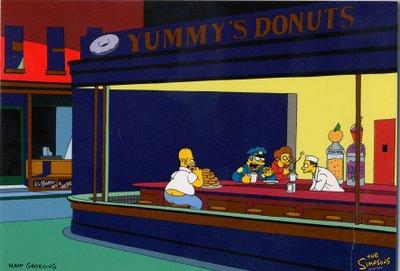
- #Intellij change java version install#
- #Intellij change java version update#
- #Intellij change java version for android#
- #Intellij change java version android#
Apparently this doesn’t work in all Intellij versions, so there’s another option.

Unsurprisingly, I wasn’t the first person to have this issue, a Reddit post in r/java pointed me to two answers: When I tried to add the jabba-installed JDKs to Intellij as SDKs, I ran into a small issue - because they’re located in a hidden folder, they’re not readily selectable via the file browser.
#Intellij change java version install#
Here’s how I installed Oracle’s, after downloading it: $ jabba install =tgz+file:///Users/MYUSER/Downloads/jdk-11.0.3_osx-圆4_ Using jabba with Intellij on Mac Versions of the JDK not readily available, such as Oracle’s 11.0.3, which now requires an account to download, can be manually installed via a URL or file location. Remember this, because you’ll need to know where these are when using jEnv. To install a particular version, such as Corretto, you run: $ jabba install to Linux/Mac, the JDK version is downloaded/installed to ~/.jabba. Once installed, you can list available versions of the JDK via jabba ls-remote: $ jabba now, there are over 100 results, literally from A-to-Z (that is, Adopt OpenJDK to Zulu OpenJDK). You can find the installation instructions along with some very helpful documenation on the jabba Github repo. I found that it really excels at streamlining the process of installing different versions of Java. Jabba is a cross-platform Java Version Manager. Here’s how it works: jabba to install different JDK versions So, like a good developer I did some Googling and stumbled across this helpful StackOverflow post, and ultimately settled on using both jabba and jEnv - the former to install versions and the latter to configure them on a per-directory basis.
#Intellij change java version update#
There are now a variety of Java versions and vendor distributions available, and I wanted to find a way to easily switch between different versions of the JDK without needing to actually update my system’s version of Java or manually set JAVA_HOME each time.īasically, the same way I can use different versions of Ruby, Node, and CFML, thanks to rbenv, nvm, and CommandBox, respectively, it seemed I should be able to easily use different versions of Java, and not be tied to my system’s default version. This was due, at least in part, to the changes Oracle made to their Java licensing and release cycle.
#Intellij change java version android#


to show hidden files in the file chooser dialog.
#Intellij change java version for android#
Setup for Android development is, however, a bit more involved since it does not include the Android SDK by default. IntelliJ IDEA contains all the features found in Android Studio. Installation instructions for Android Studio can be found here. Android Studio is a version of JetBrain's IntelliJ Community Edition specifically tailored for Android development.


 0 kommentar(er)
0 kommentar(er)
